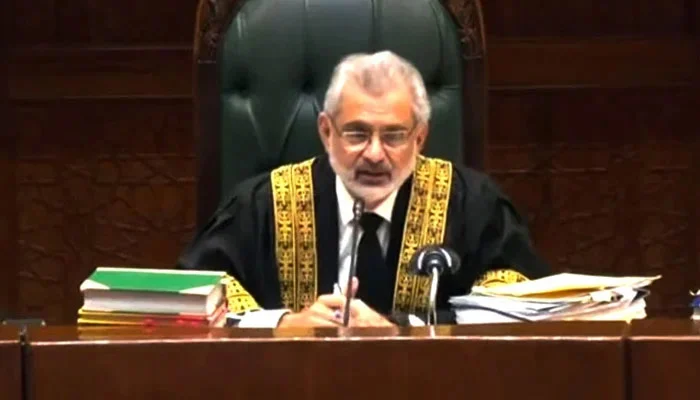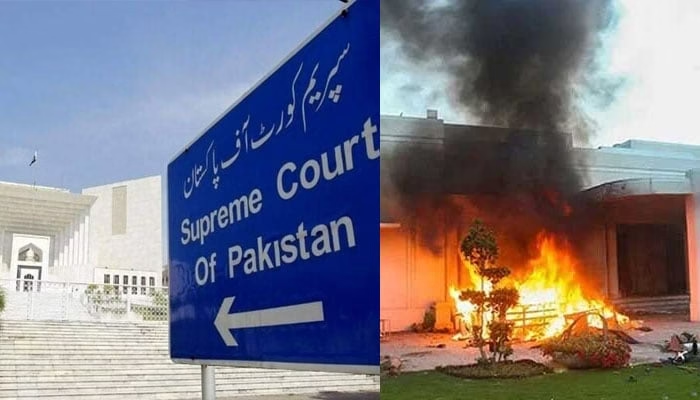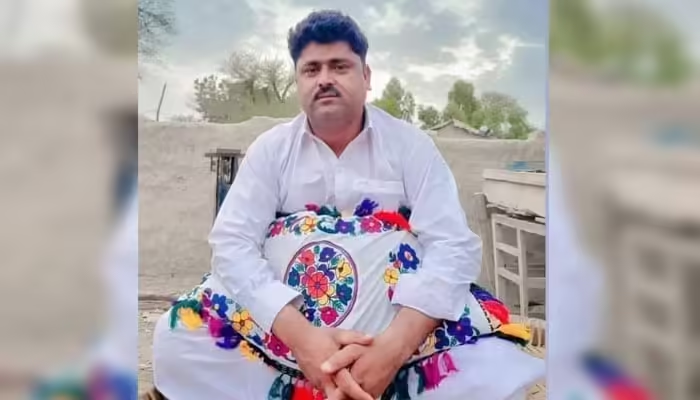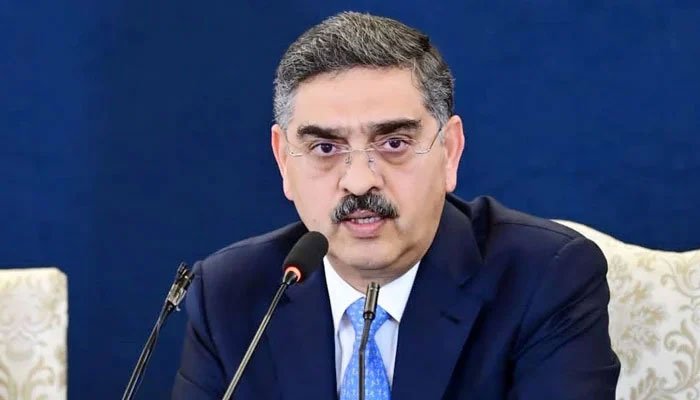Pakistan’s Chief Justice, Justice Qazi Faez Isa, has issued a strong warning to the media regarding its coverage of the upcoming elections in the country. The warning comes after the Supreme Court concluded a case related to holding elections within 90 days and set a date for the polls, following an agreement between the President of Pakistan and the Election Commission.
In his statement, Chief Justice Qazi Faez Isa emphasized that the media should exercise caution when reporting on election-related matters. He made it clear that any attempts by the media to spread doubts or suspicions about the elections would be considered a violation of the constitution. He stressed that anchors and reporters do not have the authority to mislead the public, and media outlets that disseminate false information about whether elections will take place will face consequences.
The Election Commission of Pakistan, in consultation with the President, officially announced on February 8th the date for the general elections in Pakistan. This decision was made in accordance with the agreement reached between the President and the Election Commission.
Chief Justice Isa’s warning was prompted by concerns that the media might contribute to confusion and misinformation regarding the election process, potentially undermining public trust and confidence. He emphasized that media freedom is a constitutional right and should be upheld, but media organizations should also be responsible and ensure that their reporting does not disrupt the democratic process.
He further stated that the media’s role is essential in providing accurate and balanced information to the public, especially during the election season. Misleading or inaccurate reporting can lead to unrest and mistrust among the public, which can have serious consequences for the stability and integrity of the electoral process.
Justice Qazi Faez Isa’s message to the media underscores the critical role of the media in promoting transparency and accountability in the democratic process. While freedom of the press is a fundamental right, it comes with a responsibility to report truthfully and objectively. In the context of upcoming elections, the media’s role in providing accurate and reliable information is vital to ensure that the democratic process remains fair, transparent, and trusted by the Pakistani public.
The warning also serves as a reminder of the legal and ethical responsibilities of the media, particularly during sensitive periods like elections. Media organizations should adhere to professional standards, fact-check their reports, and refrain from disseminating unverified or misleading information.
Pakistan Tehreek-e-Insaf (PTI) leader Barrister Ali Zafar expressed his support for the Chief Justice’s statement, highlighting that it has provided clarity regarding the media’s role in the electoral process. He added that if any channel spreads false information about the election schedule, legal action will be taken against them. The statement also emphasizes the importance of the Election Commission’s authority in managing the electoral process and addressing any disputes or concerns.
The Chief Justice’s warning to the media in Pakistan serves as a reminder of the media’s crucial role in providing accurate and unbiased information during the electoral period. While media freedom is a fundamental right, it comes with a responsibility to ensure that the public is well-informed, especially during the elections. The media must act professionally and adhere to ethical standards to maintain public trust and confidence in the democratic process. This message reinforces the idea that democracy relies on a well-informed and engaged citizenry, and the media plays a pivotal role in achieving that goal.



